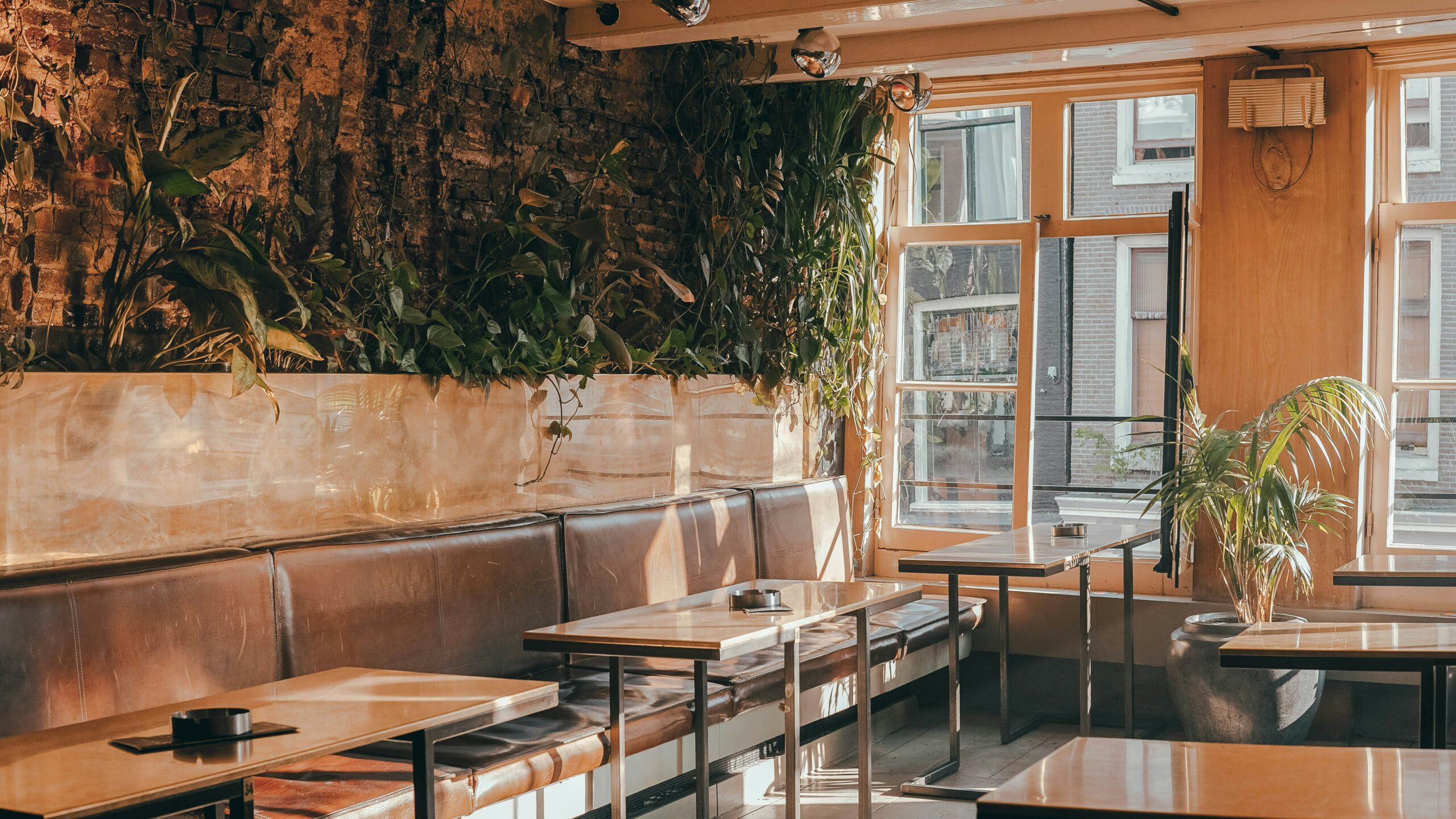
Amsterdam’s coffeeshops have long been a symbol of the city’s liberal attitude and a major draw for tourists from around the world. These iconic establishments, where cannabis can be purchased and consumed legally, are deeply embedded in the cultural fabric of the city. However, as societal attitudes and regulations continue to evolve, the future of Amsterdam’s coffeeshops is entering a period of significant uncertainty and potential change. Let’s take a look ahead at what might be in store for these unique institutions. Changing Regulations and Government Policy In recent years, there has been increasing pressure on Amsterdam’s government to reevaluate the role of coffeeshops in the city, particularly in relation to tourism. The current administration has expressed concerns about the impact of mass tourism on the city’s quality of life and the strain it places on local infrastructure. Coffeeshops, which attract millions of visitors annually, are often at the center of this debate. One proposed change that has garnered significant attention is the introduction of a “residents-only” policy for coffeeshops. Under this plan, only Dutch residents would be allowed to purchase cannabis in Amsterdam’s coffeeshops, effectively barring tourists from participating in this aspect of the city’s culture. Proponents argue that such a measure could reduce the influx of tourists specifically seeking to consume cannabis, thereby helping to alleviate some of the negative impacts of over-tourism. However, this proposal has also faced opposition. Critics argue that restricting access to coffeeshops could drive the cannabis trade underground, leading to an increase in illegal sales and potential safety concerns. Additionally, the economic impact on the city’s tourism sector could be substantial, as many visitors come to Amsterdam specifically for its relaxed cannabis policies. Innovation and Adaptation As the regulatory landscape shifts, many coffeeshops are exploring ways to innovate and adapt to the changing environment. Some are focusing on enhancing the customer experience by offering more than just cannabis. For example, there is a growing trend toward creating more upscale, lounge-like environments where patrons can enjoy high-quality food, drinks, and even live music alongside their cannabis products. These hybrid venues aim to attract a broader clientele, including those who might not typically visit a traditional coffeeshop. Sustainability is another area where coffeeshops are looking to the future. With increasing awareness of environmental issues, some coffeeshops are adopting eco-friendly practices, such as using organic, locally sourced cannabis, reducing plastic waste, and implementing energy-efficient technologies. These efforts not only appeal to environmentally conscious customers but also align with broader trends in the hospitality industry. The Impact of Legalization in Other Countries The global landscape of cannabis legalization is rapidly changing, with more countries and regions moving toward legalizing cannabis for both medical and recreational use. This trend could have significant implications for Amsterdam’s coffeeshops. As more tourists gain legal access to cannabis in their home countries, the unique draw of Amsterdam’s coffeeshops may diminish, leading to a potential decline in international visitors. However, this shift could also present new opportunities. Amsterdam’s coffeeshops have decades of experience in operating within a legal framework, giving them a potential edge in terms of expertise and brand recognition. Some coffeeshops may look to expand their reach by opening locations in other countries where cannabis is legal, effectively exporting the Amsterdam coffeeshop experience to new markets. Looking Forward The future of Amsterdam’s coffeeshops is likely to be shaped by a combination of regulatory changes, evolving consumer preferences, and global trends in cannabis legalization. While the path forward may be uncertain, one thing is clear: Amsterdam’s coffeeshops will need to adapt and innovate to remain relevant in a changing world. Whether through embracing new business models, focusing on sustainability, or navigating the complexities of government policy, these iconic establishments will continue to play a pivotal role in the city’s identity. As Amsterdam moves forward, the coffeeshop culture that has become synonymous with the city will undoubtedly evolve, reflecting the dynamic and ever-changing nature of both the city and the broader cannabis industry.